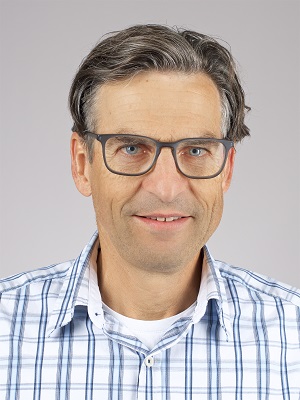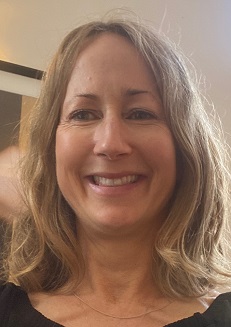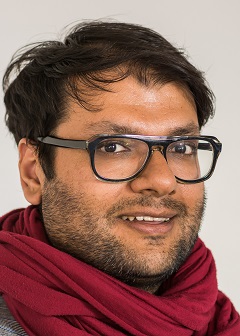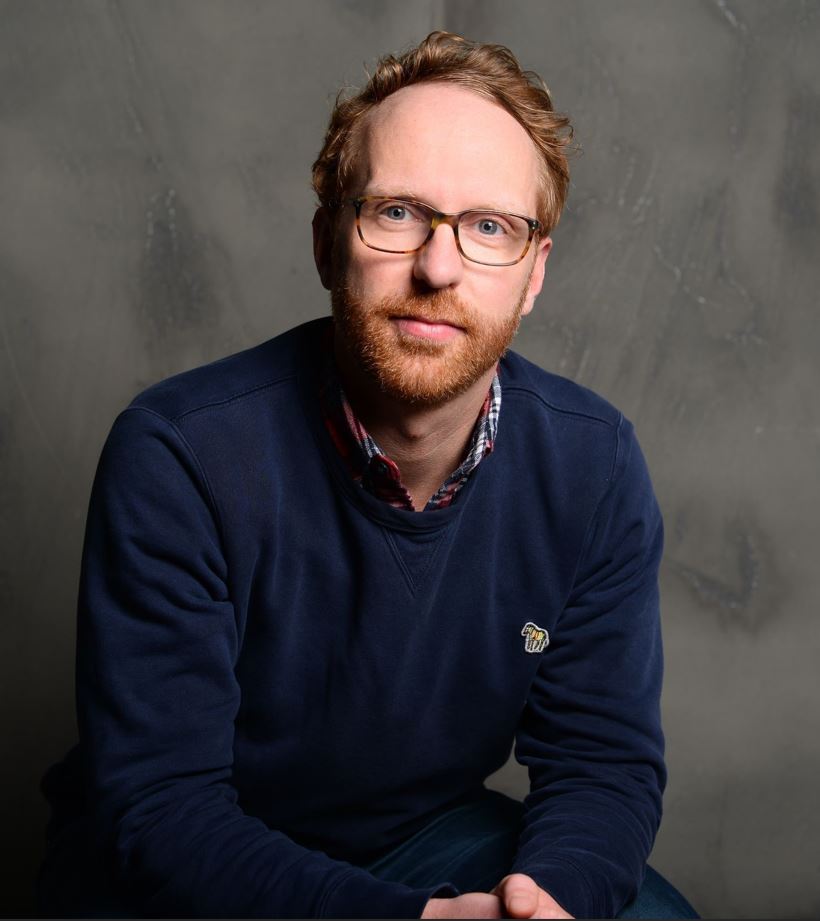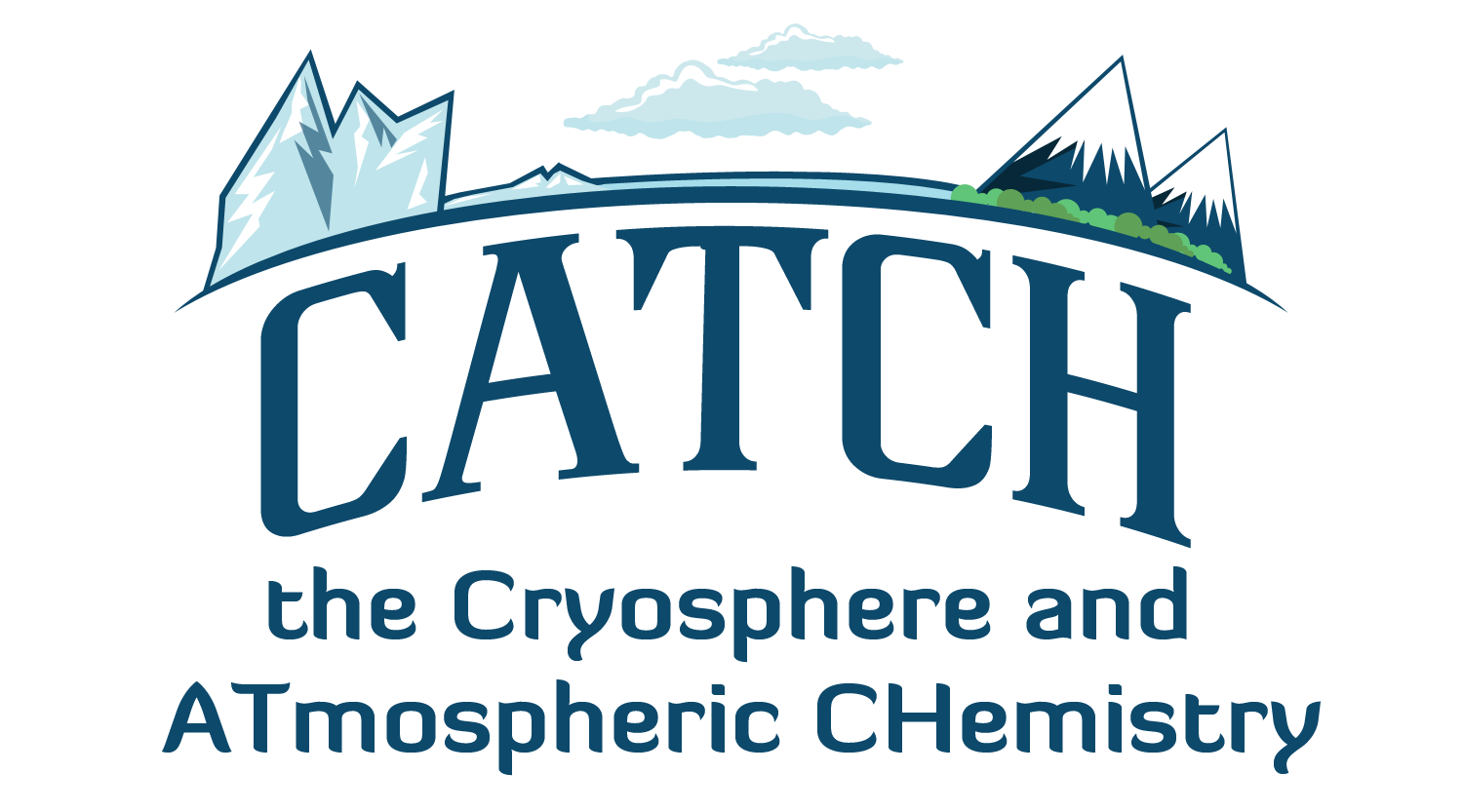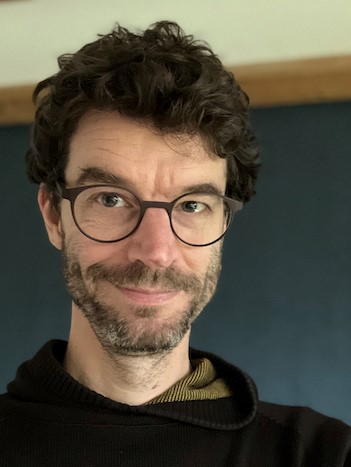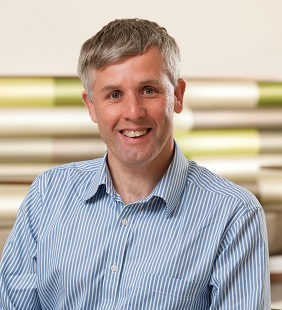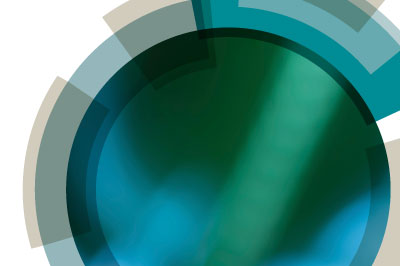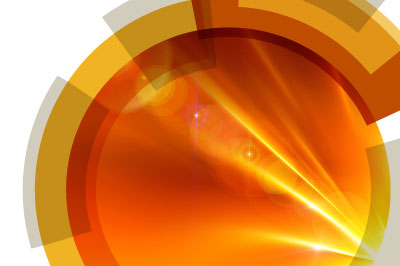Welcome
Join us in London in February 2025 for this edition of the Faraday Discussion series. The Faraday Discussions are unique international discussion meetings that address current and emerging topics at the forefront of the physical sciences.This meeting is aimed at scientists working in the disciplines of atmospheric science, physics, chemistry, sea-ice science, meteorology, and oceanography, to discuss their results from field campaigns, laboratory experiments, atmospheric modeling, and computational work.
On behalf of the organising committee, we look forward to welcoming you to London.
Why attend?
Find out more about Faraday Discussions in the video and FAQs – see Useful links on the right.A unique conference format that prioritises discussion
At a Faraday Discussion, the primary research papers written by the speakers are distributed to all participants before the meeting – ensuring that most of the meeting is devoted to discussing the latest research.
This provides a genuinely collaborative environment, where discussion and debate are at the foreground. All delegates, not just speakers, are invited to make comments, ask questions, or present complementary or contradictory measurements and calculations.
An exciting programme of talks – and more
Take part in a well-balanced mix of talks, discussion, poster sessions and informal networking, delivered by our expert events team. You can explore the full programme in the downloadable files on the right – whether you’re attending in-person or online, every minute provides an opportunity.
The conference dinner, included in the registration fee, contains the Marlow Cup ceremony: a unique commemoration of past Faraday Discussion organisers that is sure to encourage further discussions over dinner.
In-depth discussion with leaders in the field
World-leading and established researchers connect with each other and early-career scientists and postgraduate students to discuss the latest research and drive science forwards. It’s a unique atmosphere – and challenging others to get to the heart of the problem is encouraged!
Your contributions, published and citable
A citable record of the discussion is published in the Faraday Discussions journal, alongside the research papers. Questions, comments and remarks become a valuable part of the published scientific conversation, and every delegate can make a major contribution.
Discover London
The Discussion will take place at Burlington House, Piccadilly, in the centre of London and its historic attractions. Step out to explore the capital city while you’re here – or stay a few extra days to explore the city further and the surrounding area.
Themes
The discussions will centre around wintertime and cold region atmospheric chemistry and its impacts on health, geochemical cycles, and climate. Central to this discussion are aspects that make gas- and multiphase atmospheric science in cold environments unique, including but not limited to the presence of ice clouds, snow, and sea ice.Multiphase chemistry in aerosol, ice/mixed-phase clouds, and snow
Multiphase processes have long been identified as key contributors to air quality and the chemical cycling between the atmosphere and hydrosphere. A key challenge lies in constraining the physical chemistry, such as rate coefficients and solubility data, to the conditions present in the often dry and cold wintertime atmosphere. This meeting addresses the formation and processing of airborne aerosol in wintertime atmospheres and at higher altitudes in the troposphere where cold temperatures prevail year-round, as well as the chemistry of deposited aerosol and brine patches in snow and sea ice. Furthermore, liquid aerosol will solidify as temperatures drop in these regions as part of daily or seasonal cycles. As such, interfacial chemistry at these solid aerosol particles and nucleation processes for complex mixtures is another topic of this conference.
Role of trace gases in particle and ice nucleation and growth
Cloud formation in cold regions of the atmosphere, such as the Southern and Arctic Oceans, wintertime cities, or the upper troposphere, is another key topic. Uncertainties in the concentrations and chemistry of precursor trace gases and vapors that contribute to particle growth, including biogenic components, pose key research questions. Further challenges lie in the interplay of gas-phase chemistry with particle nucleation and growth at cold temperatures. Of additional interest is the study of substances such as fluorinated persistent organics whose atmospheric abundance is driven by innovation in consumer products, changes in traffic routes, etc.
Exchange processes through/in snow and sea-ice
Sea ice and snow are key media at the ocean-atmosphere interface, where chemicals from the ocean accumulate, or are produced. On land, snow covers soil, a chemically and biologically active surface. We invite contributions on this topic, including but not limited to: trace gas fluxes, the description of the permeability of these matrixes for gases, the role of wind and wind-induced pressure fields, aerosol transport through snow, and changes of sea ice and snow with time and space. Further topics also include the impact of snow on the ground and sea ice, providing reactive surfaces for heterogeneous chemistry.
Emissions of trace gases and aerosol and atmospheric mixing/transport
Both biogenic and anthropogenic emissions differ significantly under varying atmospheric temperature ranges. For example, in the winter or in colder regions, homes need to be heated more extensively, which is typically done by the combustion of wood, oil, coal, or natural gas, and can be a large contributor to local emissions. We invite contributions on this topic, including those focusing on source apportionment, and the role of meteorology and transport on observed pollution levels. Furthermore, biogenic emissions by soil and plants show distinct changes with temperature that are still a challenge to account for. Additionally, considerable efforts so far have focused on wind-driven sea spray aerosol and trace gas emission in the Southern Ocean and as such, we invite contributions on the composition of trace gas emissions from sea ice and from the open ocean.
Useful links
- Faraday Discussion meetings FAQs Find out more about these unique meetings
- Faraday Discussion video
- Abstract book
- This volume has now been published online!
Downloads
- Programme
- Preprints Session 1 Aerosols, clouds and particles Part 1
- Preprints Session 1 Aerosols, clouds and particles Part 2
- Preprints Session 2 Transport and chemistry Part 1
- Preprints Session 2 Transport and chemistry Part 2
- Preprints Session 3 Multiphase chemistry
- Preprints Session 4 Snow and ice




